Inequality fight defies policies
For years, Malawi has pursued various policies to help narrow the income equality gap between the haves-and-have-nots, but it keeps widening.
Policies such as the farm input subsidies, social protection, safety nets, export bans, labour policy and employment regulations have increased the bracket on personal incomes.
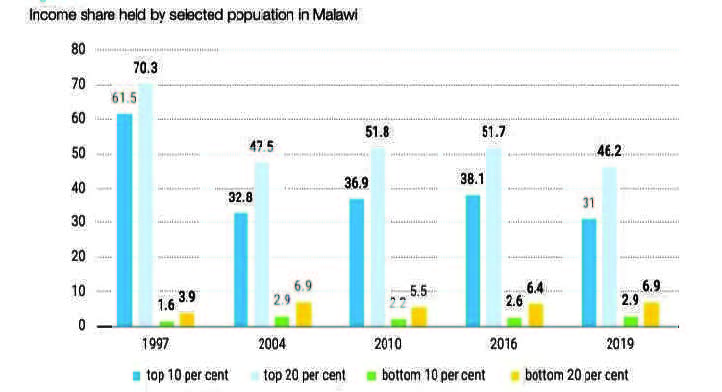
But for Blantyre-based Florence Gowa, the struggle for survival has been a hard one.
With a monthly income of less than K200 000 against a cost of living of K521 936 as calculated in the Basic Needs Basket by the Centre for Social Concern (CfSC), she can only hope for the better.
Her job as a city warden demands that she be at her work station from 7.30am to 4.30pm Monday through Saturday, leaving her with little room to engage in any extra income generating activities.
Said Gowa: “My salary gets finished by the third day of the month and I cannot afford most of my basic needs. To make matters worse, of my three children, I am only able to support the youngest with school fees. The other two dropped out as I cannot afford school fees for them.
“Despite being a single mother, I have not benefitted from any government social protection programmes. My house got damaged thrice due to Cyclone Freddy and heavy rains, but I could only hear from my neighbours who are much better than me that people get assistance [from government].”
To survive, she walks every day to town and has cut down on food to the extent that drinking tea is a luxury in her home.
“Life was much better in the past than now,” said Gowa.
Daniel Chatha, a shopkeeper in Blantyre, is in the same situation.
He said he is on a monthly income of K90 000, which is paid fortnightly and he is finding life tough.
The two mirror the majority of Malawians who are trapped in poverty and their conditions have barely improved in the past decade.
According to United Nations data, while the share of income held by the top 10 percent of the country’s population has decreased from around 64 percent in 1997 to 31 percent in 2019, the share of income held by the bottom 10 percent of the population has increased slightly over the past two decades, from around 1.6 percent in 1997 to 2.9 percent in 2019.
However, while this suggests that income inequality has decreased somewhat over the period, the World Bank predicts that poverty in Malawi will worsen this year.
The bank said the proportion of people living below the poverty line of $2.15 (about K3 764) a day will increase to 72 percent.
Of importance is the fact that the data has not taken into account the impact of Covid-19 pandemic, which worsened the economic status of many, who are now battling high inflation, interest rates and unstable exchange rate.
These factors have contributed to rising inequality, the bank said.
The latest cost of living data for April 2024 from CfSC indicates a rise of 2.2 percent from March.
The centre said average household expenses have increased from K510 720 per household in March to K521 936 in April. This follows a 1.4 percent increase from February to March 2024, when the average cost of living was at K503 876.
CfSC observed that these rising costs pose a considerable challenge to low-income earners, who are already struggling to meet basic needs.
Reads the report in part: “The continuous increase in commodity prices exacerbates the financial strain on families, leading to difficult choices between essential goods and services such as food, healthcare, and education.
“This situation is particularly dire for those living on fixed incomes or minimum wage, making it harder to maintain a decent standard of living.”
To address these challenges, the centre has since urged the government to introduce or enhance subsidies on essential commodities, strengthen social safety net programmes and provide temporary tax relief or reductions on essential goods.
Commenting on the development, Oxfam in Malawi country director LingalireniMihowa said there is need to do more to fight for equality.
She said: “Already, nine million people in Malawi are facing food shortages according to food security and flood response from the government. As much as there are these, the policies are far from making a dent in terms of increasing the income equality between the poor and the rich, so the gap remains huge.
“If we do not do anything in terms of how the economy is structured, more Malawians will fall into more poverty.”
Scotland-based Malawian economist VelliNyirongo said the country’s fight against income inequality has been facing a complex web of challenges.
“The trickle-down effect from economic growth appears to be incomplete, leaving the poorest behind. ,” he said.
Following the Covid-19 pandemic in 2020, Malawi went into an unprecedented recession, with its gross domestic product (GDP) contracting by about 4.6 percentage points.


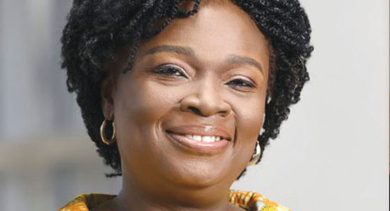
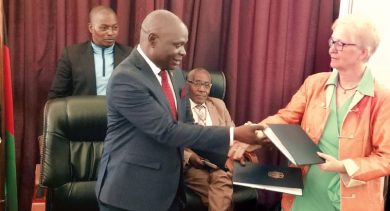
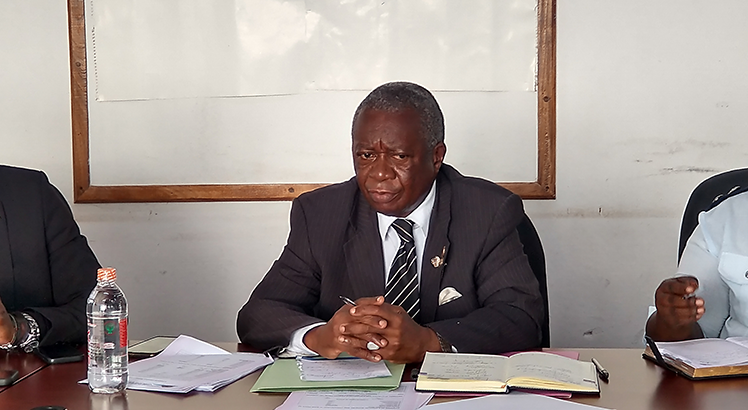
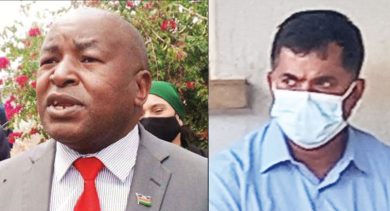
)))) Hot girls are waiting for you on —– https://u.to/sYM6IA
Generally I do not learn post on blogs, however I would like to say that this
write-up very pressured me to check out and do it!
Your writing taste has been amazed me. Thank you, very nice
article.
Great blog here! Also your website loads up fast! What web host are you using?
Can I get your affiliate link to your host? I wish my
website loaded up as fast as yours lol
For most up-to-date news you have to visit web and on the web I found
this site as a finest website for newest updates.